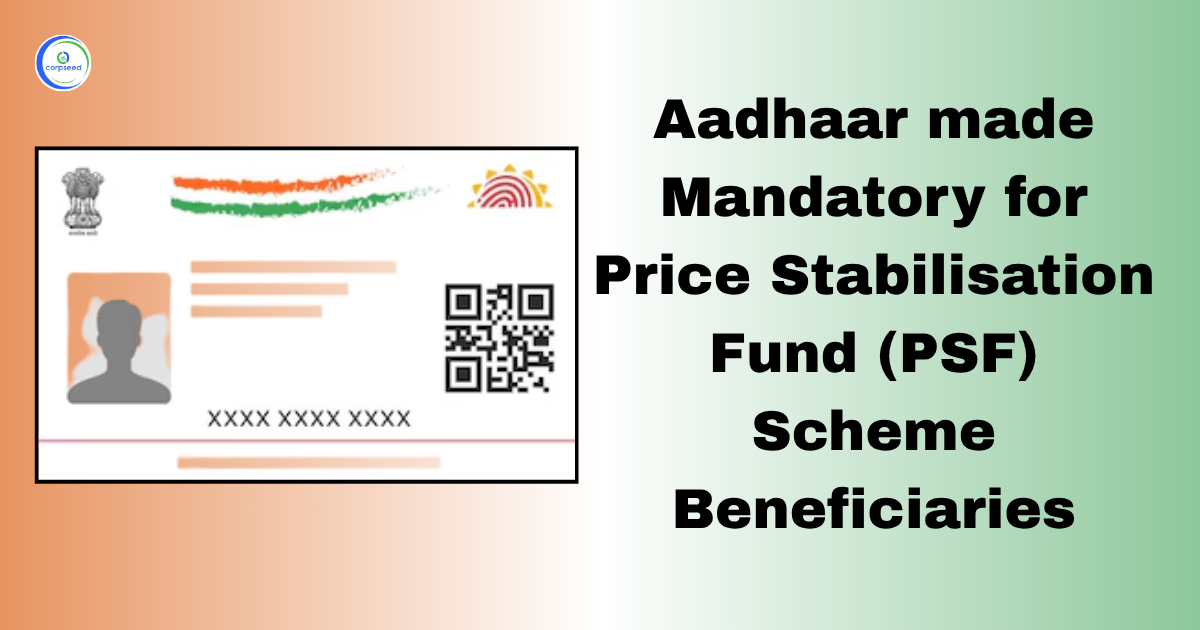As a business owner, you may find yourself in a situation where you need a loan to help with the ebbs and flows of cash in and out of your company. We offer quick access to funding, which may help you keep your business functioning.
Table of Contents
A business loan can be used to restructure an existing firm, purchase new equipment, grow the business, or boost the operating capital of the business. Lending Kart offers a minimum loan amount of Rs. 50,000 and a maximum credit amount of Rs. 2 crores.
Business Loan Eligibility Criteria:
- For a Private Limited or Limited Company
For loans up to Rs. 15 lakhs, the business's net yearly income must be greater than Rs. 1.5 lakhs.
For loans in excess of Rs. 15 Lakhs, the business's net yearly income must be greater than Rs. 3 Lakhs.
- For a Self Employed professional
To be eligible for the loan, the professional must have the necessary skills and certifications. A list of qualifications is available online.
Doctors, engineers, chartered accountants, and management consultants must also provide confirmation of qualification.
- For a Proprietorship firm or a limited liability partnership
The firm must have profit and loss statements in order to fulfil the lender's minimal standards. Before approving a company loan, we evaluate the borrower's capacity to repay.
Other Eligibility Criteria for a business loan:
- The borrower should be between the age of 21 and 65.
- The business should show cash profits in the past two financial years.
- A registered chartered accountant is required to audit the balance sheet of the business.
Business Loan Requirements Document:
Photo ID Proof
- Passport-sized photos
- A valid Aadhaar, Voter ID, or Passport.
Bank Statements
The borrower's certified bank statements for the last six months
Proof of Business
- Trade license or sales tax certificate
- Ownership documentation
- Deed of sole proprietorship or partnership
- Income tax returns for the previous two fiscal years
- Profit and loss accounts for the last two fiscal years
- Previous year's balance sheets
Documents Required for a Business Loan Application
Banks conduct document verification to guarantee that customers fulfil the requisite business loan eligibility requirements established by the relevant bank. To validate business loan qualifying conditions, the following papers are required:
- Completed application form with passport-sized photos
- Documents proving the identity of applicants, partners, and co-applicants: Passport, Aadhar card, Voter ID card, PAN card, Driver's License, and Utility Bills (Recent Water or Electricity Bills)
- Bank statements from the previous six months
- Certificate of Incorporation
- Annual Turnover: For current firms, a minimum of Rs. 10 lakhs are required.
- Any further documentation that the bank or NBFC requires
The Advantages of Applying for a Lending kart Business Loan:
- With rapid processing – within 72 hours – you don't have to wait for days to find out if you're eligible for a loan and how to handle the business loan.
- Monthly interest rates begin at 1.25 per cent for loans up to Rs. 30,00,000.
- For all customized business loans, flexible instalments make it easy to repay the amount.
- There are no collateral requirements for obtaining a business loan. Personal or corporate assets are not required to be put at risk.
- This short and straightforward procedure may be completed entirely online. Loans can be obtained for using only the above-mentioned papers.
Repayment of the Business Loan:
The loan can be paid off in EMIs or biweekly instalments, whichever is more convenient for you.
These EMIs can be paid electronically and on a regular basis using the National Automated Clearing House (NACH). The amount will be deducted from your account at the frequency you specify.
Loan Requirements for Businesses
- Credit.
Lenders nearly always evaluate the owner's personal credit when a small business owner wants money. As a result, having a strong personal credit score is critical. Building strong credit for the company itself is also beneficial when looking for a decent business loan.
- Income and cash flow
Lenders analyze a company's risk by looking at its debt-to-income ratio. The greater a company's cash flow and income, the better its prospects of obtaining a loan.
- The age of commerce.
Most lenders only lend to enterprises having a track record of at least two years, making it difficult for new businesses to obtain finance.
- Debt amount as of now.
Debt is the other component of the debt-to-income ratio. Businesses and individuals that are heavily in debt will have trouble obtaining fresh loans.
- Collateral.
Lenders consider debt backed by valuable assets to be less risky, therefore collateral-based loans may be simpler to get and have lower interest rates.
- Industry.
Lenders evaluate the risk of your type of business throughout the loan approval procedure. Some industries are more easily financed than others.
Loan Types
Before we get started, let's define the most popular sorts of loans available to small company owners. Our quick-and-dirty guide is below, but you can find more information on our ultimate small-business loan page.
- Business lines of credit allow you to spend up to a particular amount and then pay interest solely on the amount spent.
- Equipment loans assist you in paying for whatever physical item your firm need as part of its everyday operations, not simply heavy equipment.
- Invoice factoring loans (also known as accounts receivable finance) compensate you for the value of your overdue invoices. No more waiting on slow-paying clients—the lender pays you the invoice amount (minus a charge), and then collects from your clients so you can go back to business as usual.
- Merchant cash advances exchange a large amount for a guaranteed proportion of future sales.
- Peer-to-peer lending is a relatively new technology that allows you to borrow money from a group of investors, generally in an online-only manner.
- SBA-supported loans are backed by the United States Small Business Administration, making them typically dependable and low-interest loans.
- Term loans can provide you with a large sum of cash within 24 hours but at a hefty interest rate.
- Unsecured business loans are those that do not necessitate the use of collateral. The majority of commercial credit cards and lines of credit are unsecured loans.
- Working capital loans provide funding for everyday operations, employee compensation, and dealing with occasional decreases in earnings.
This portion of the site is for informational purposes only. The content is not legal advice. The statements and opinions are the expression of author, not corpseed, and have not been evaluated by corpseed for accuracy, completeness, or changes in the law.
BOOK A FREE CONSULTATION
Get help from an experienced legal adviser. Schedule your consultation at a time that works for you and it's absolutely FREE.




_for_Compressed_Biogas_(CBG)_Corpseed.webp)




